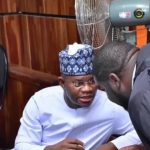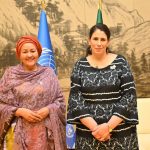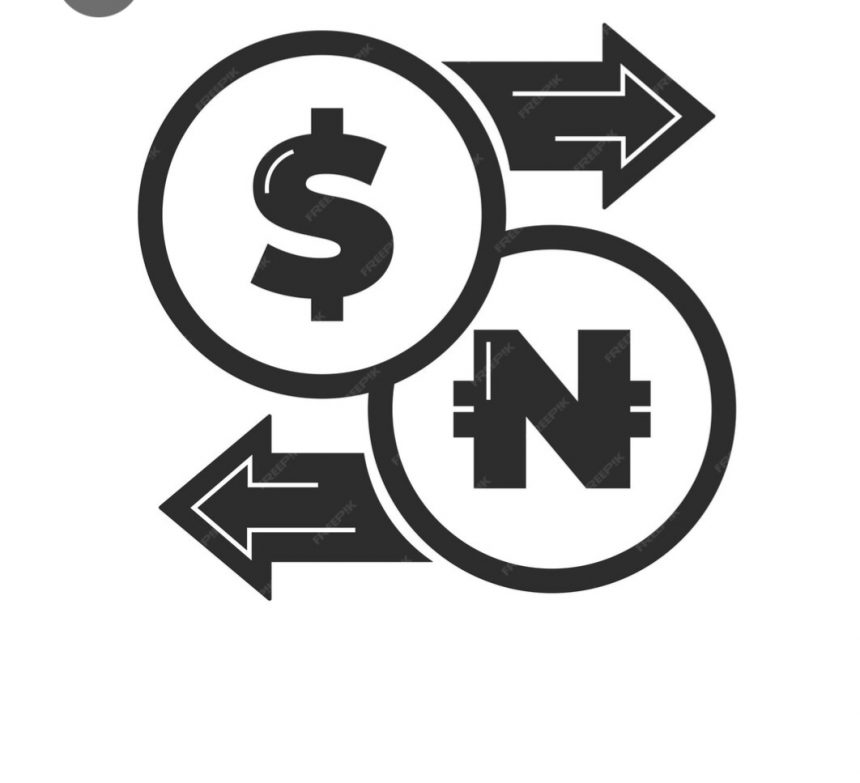Taming the Dollar: Practical Steps to Strengthen the Naira and Boost Local Resilience
Introduction:
For too long, the narrative surrounding the Nigerian Naira has been one of constant decline against the mighty US Dollar. It’s a recurring nightmare for businesses, families, and anyone trying to plan for the future. The common refrain, “Dollar don’t dey fear Naira,” captures the pervasive sense of helplessness. But is this an irreversible fate? Are we truly powerless in the face of global currency dynamics, or are there practical, “easy fixes” that can begin to restore the Naira’s strength and our economic sovereignty?
Challenges:
The Naira’s weakness is a symptom of deeper structural issues within the Nigerian economy:
• Over-reliance on Oil Exports: Nigeria’s economy is disproportionately dependent on crude oil for foreign exchange earnings. When global oil prices fluctuate, or production is hampered (e.g., by theft and pipeline vandalism), dollar inflows shrink, putting immense pressure on the Naira. Oil accounts for over 80% of Nigeria’s export earnings.
• High Import Bill: We import almost everything, from refined petroleum products and machinery to even basic food items. This insatiable demand for foreign goods means a constant outflow of dollars, weakening the Naira. In 2023, Nigeria’s import bill stood at approximately NGN 26 trillion.
• Low Local Production/Manufacturing Base: A weak manufacturing sector means we produce little for export beyond oil, limiting our ability to earn foreign currency. “You cannot strengthen your currency when your citizens are buying more from outside than they are producing for outside,” says Bismarck Rewane, a renowned economist.
• Speculation and Hoarding: Black market activities, currency speculation, and hoarding of dollars by individuals and businesses, driven by lack of confidence, exacerbate the scarcity of foreign exchange, further weakening the Naira.
• Capital Flight: Uncertainty and lack of investment opportunities can lead to capital flight, as investors move their funds out of the country in search of more stable or lucrative markets.
• Policy Inconsistencies: Past monetary and fiscal policies have sometimes lacked coherence or consistency, creating uncertainty for investors and contributing to market instability.
Rhetorical Questions and Answers:
• “Is devaluation the only path for the Naira, or can we truly achieve stability?” Devaluation can be a market correction, but without fundamental economic restructuring, it’s a temporary fix. True stability comes from earning more dollars and reducing the need for them.
• “Why do we keep talking about diversifying our economy but fail to act decisively?” Often due to short-term political gains outweighing long-term economic strategy, and a lack of decisive implementation.
• “Can the Naira truly stand tall without robust local production?” No, a strong currency is a reflection of a productive, exporting economy.
Solutions and Recommendations:
Strengthening the Naira requires a concerted effort to boost local production, attract foreign investment, and manage demand for foreign exchange more effectively:
Boost Non-Oil Exports:
Recommendation: Implement aggressive policies and incentives to support agricultural produce, manufactured goods, and services (e.g., tech and creative industries) for export. Provide grants, tax breaks, and access to export financing for local businesses.
Reduce Import Dependence:
Recommendation: Drive import substitution strategies, especially for essential goods like refined petroleum products, food items, and raw materials. Invest in local refineries and promote local manufacturing through supportive policies, infrastructure, and access to affordable credit.
Attract Foreign Direct Investment (FDI):
Recommendation: Improve the ease of doing business, ensure policy consistency, strengthen rule of law, and address insecurity to make Nigeria a more attractive destination for long-term foreign capital, which brings in dollars.
Support Local Productivity and Innovation:
Recommendation: Fund research and development, support startups, and foster innovation ecosystems. The more we produce value domestically, the less we rely on imports.
Prudent Fiscal and Monetary Management:
Recommendation: Ensure greater synergy between the Central Bank of Nigeria (CBN) and the Ministry of Finance. Implement transparent and consistent exchange rate policies that build market confidence and discourage speculation.
Tackle Corruption and Illicit Financial Flows:
Recommendation: Rigorous enforcement against corruption and illicit financial flows will help retain dollars within the formal economy and improve overall market integrity.
Diaspora Engagement for Remittances:
Recommendation: Create attractive investment vehicles and incentives for Nigerians in the diaspora to channel remittances through official channels and invest directly in the local economy.
Conclusion:
The persistent weakness of the Naira is not an insurmountable problem, nor is it a currency that inherently “fears” the dollar. It is a reflection of economic fundamentals that can be addressed through strategic, sustained, and courageous policy choices. By aggressively diversifying our export base, fostering local production, attracting stable foreign investment, and instilling confidence through consistent policies, we can gradually but surely restore the Naira’s dignity. This is not just about exchange rates; it’s about rebuilding our national pride and securing economic prosperity for all Nigerians.
Dr. Aiyeku Olufemi Samuel
Co-Founder & Lead Consultant, Global Human Capital & Energy Management Limited Governance Analyst| Development Economist| Policy Consultant| Strategic Development Advocate| Climate Action Enthusiast | Sustainability & Impact Investing Specialist| Girl-child Advocacy| PPP & CRM Specialist /Sales Innovation & Transformational Results-Driven Business Analyst.












